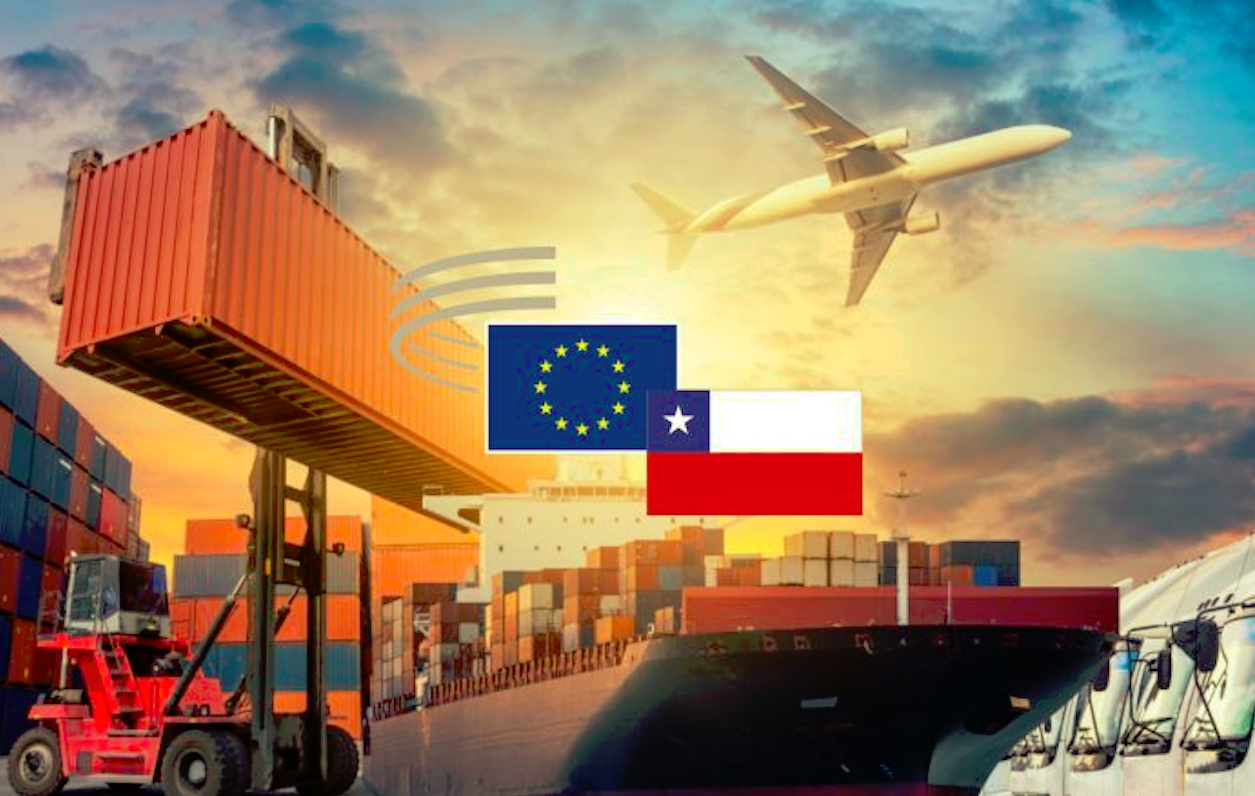RIO DE JANEIRO, BRAZIL – The agenda of trade agreements with Latin America seems to be a sensitive issue these days at the European Union (EU) headquarters in Brussels.
The Vice-President of the European Commission responsible for Trade, Valdis Dombrovskis, confirmed yesterday that the modernization of the Association Agreement between the EU and Chile is ready at a technical level, but depends for its conclusion on “political discussions” that he hopes will come to fruition “soon”.
Read also: Check out our coverage on Chile
The “Latvian politician”, according to the Europa Press agency, avoided answering directly whether he plans to delay the formal conclusion of the pact above until the presidential elections have been held next April in France. This country has traditionally resisted free trade agreements with Latin American nations for fear of the impact on its agricultural sector.

An article in the Financial Times noted that France had persuaded the EU to postpone signing two new trade agreements until after its votes, which angered other member states inclined to their conclusion.
The Deputy Minister of Foreign Trade and European Affairs, Martina Tauberová, wrote on her Twitter account that “the FTA between the EU and Chile is close”. And she added: “The promotion of common interests cannot be blocked because of the election campaign in a member country. The EC must act in the interest #EU exporters.”
WHAT ABOUT DEADLINES?
The European Commission is responsible for conducting trade negotiations on behalf of the 27 EU members, so it is up to Brussels to decide when to initiate the Chile agreement despite doubts from some capitals.
Dombrovskis assured that he is not evading the competencies of the Community Executive by not wanting to set a clear timetable for concluding the treaty with Chile and others in the final phase of negotiation, such as Mercosur or New Zealand, but that it is “important” also to attend to the “consultations” with the Member States.
In any case, the Community Vice-President, who pointed out that in the case of New Zealand, there are still sensitive issues to be resolved in the negotiation, is confident that the “political” discussions that are delaying the conclusion of the agreement with Chile “will have a result very soon”.
The European ministers discussed the state of negotiations on various international trade agreements over lunch at their meeting in Brussels. France appealed for caution and asked its partners to be “particularly demanding”.
Speaking to the press upon arrival at the ministerial meeting, the head of trade in the government of Emmanuel Macron, Franck Riester, defended that the EU should “focus on the substance (of the agreements) and not on the deadlines” and has asked for time to ensure that the signing of new agreements does not damage “sensitive” sectors such as agriculture in France.
On the other side, countries such as Spain, for example, defend that the negotiated agreements already have necessary safeguards and include innovative clauses on gender or environmental issues that make them “examples” for future negotiations.
The Spanish Secretary of State for Trade, Xiana Méndez, stressed the importance of concluding and sealing agreements such as those with Chile or Mercosur quickly because Spain considers them to be “positive” and because she is concerned that their paralysis could damage the image of the European Union as a trading partner.
With information from Diario Financiero

